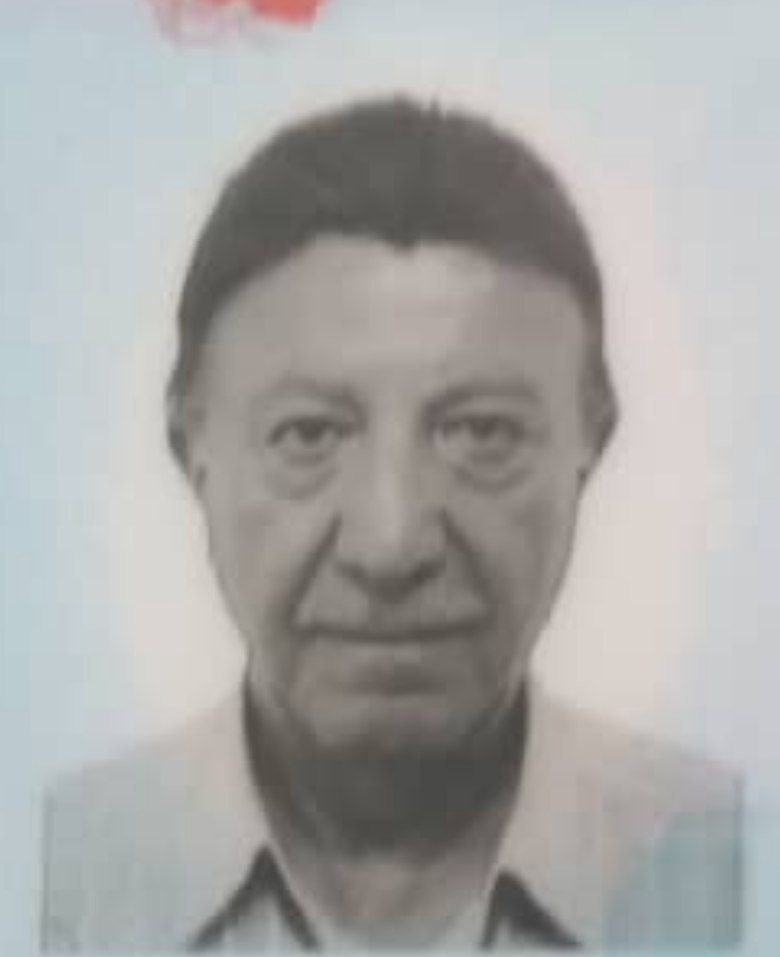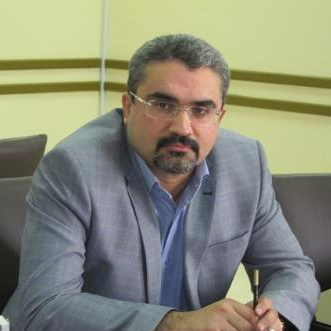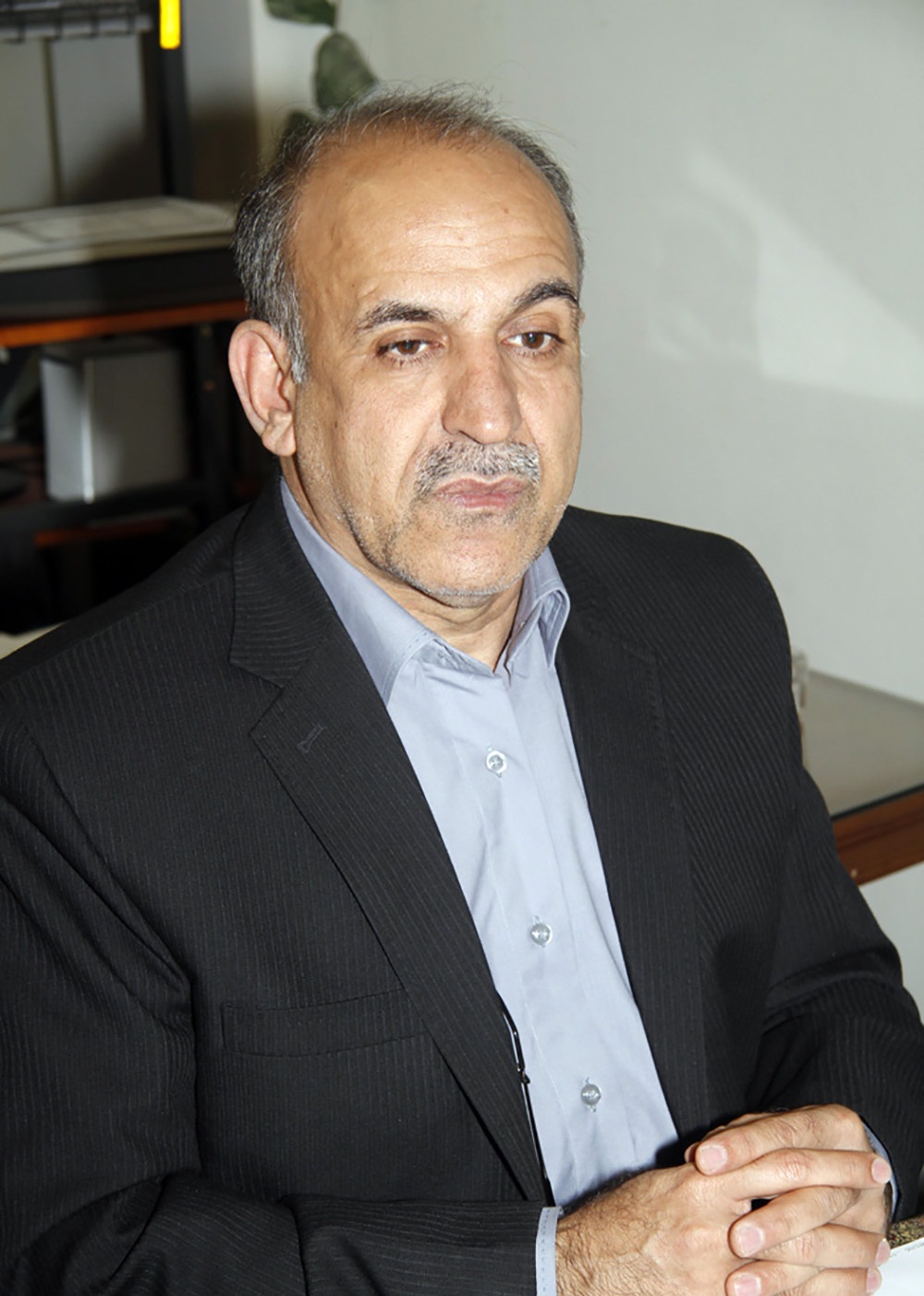مقایسه اثربخشی درمان شناختی مبتنی بر ذهنآگاهی و بهزیستی درمانی بر ادراک خطر و پریشانی روانشناختی بیماران مبتلا به فشار خون بالا
کلمات کلیدی:
درمان شناختی مبتنی بر ذهن آگاهی, بهزیستی درمانی, ادراک خطر, پریشانی روانشناختیچکیده
هدف: هدف از پژوهش حاضر مقایسه اثربخشی درمان شناختی مبتنی بر ذهنآگاهی و بهزیستی درمانی بر ادراک خطر و پریشانی روانشناختی بیماران مبتلا به فشار خون بالا بوده است.
روششناسی: این پژوهش با توجه به هدف کاربردی و روش گردآوری دادهها میدانی، از نظر روش اجرا توصیفی از نوع مداخلهای و نیمهآزمایشی با طرح (پیشآزمون- پسآزمون با گروه کنترل) بود. جامعه آماری شامل کلیه بیماران مبتلا به فشار خون بالا 45 تا 55 سالهی در مراکز بهداشتی و بیمارستانهای شهر بابل که در شش ماهه اول سال 1403 مراجعه نمودهاند و دارای پرونده میباشند، که با درنظر گرفتن ملاکهای ورود و خروج و روش در دسترس تعداد 45 نفر (15 نفر گروه درمان شناختی مبتنی بر ذهنآگاهی، 15 نفر گروه بهزیستی درمانی و 15 نفر در گروه کنترل) بهعنوان نمونه انتخاب شده بودند. ابزار گردآوری دادهها پرسشنامههای استاندارد شاخصهای ادراک خطر اوسلین و لینه (2011)، پریشانی روانشناختی کسلر و همکاران (2003) بود. روایی این پرسشنامهها توسط متخصصان مورد تأیید قرار گرفت، پایایی از طریق ضریب آلفای کرونباخ بهترتیب (79/0، 94/0، 89/0 صدم) محاسبه گردید. برای تجزیهوتحلیل دادهها نیز از بخش توصیفی (میانگین و انحراف استاندارد) و استنباطی (کولموگروف اسمیرنوف و تحلیل کواریانس چندمتغیره و تک متغیره) با استفاده از نرمافزار SPSS24 و EXCEL انجام شد.
یافتهها: نتایج نشان داد بین اثربخشی درمان شناختی مبتنی بر ذهنآگاهی و بهزیستی درمانی بر ادراک خطر و پریشانی روانشناختی بیماران مبتلا به فشار خون بالا تفاوت دارد. همچنین نشان داد درمان شناختی مبتنی بر ذهنآگاهی بر ادراک خطر و پریشانی روانشناختی بیماران مبتلا به فشار خون بالا اثربخش است.
نتیجهگیری: نتایج نشان داد که درمان شناختی مبتنی بر ذهنآگاهی در کاهش پریشانی روانشناختی و بهبود ادراک خطر بیماران مبتلا به فشار خون بالا اثربخشتر از بهزیستی درمانی است.
دانلودها
مراجع
Abbasian Hadadan, M. (2024). The Effectiveness of Schema Therapy on Psychological Distress and Emotional Regulation in Individuals with Borderline Personality Disorder. Journal of Psychological Dynamics in Mood Disorders (PDMD), 3(1), 160-174. https://doi.org/10.22034/pdmd.2024.454880.1088
Abdi, R., & Esmaealzadeh, S. (2022). The effectiveness of mindfulness-based cognitive therapy on psychological wellbeing and cognitive emotion regulation strategies in patients with depressive disorder. Journal of Research in Psychopathology, 3(8), 9-18. https://jrp.uma.ac.ir/article_1561.html
Delazar, E., Hadianfard, H., Aflakseir, A., & Koosha, M. (2022). The effectiveness of mindfulness-based therapy and change therapy on impulsivity and risk-taking behaviors in adolescents with attention deficit hyperactivity disorder (ADHD). Child Mental Health Quarterly, 9(1), 100-118. https://doi.org/10.52547/jcmh.9.1.8
Emadoleslami, V., Ahmadi Ragh-Abadi, A., & Rahimi, A. (2021). Investigating the relationship between marital burnout, cognitive flexibility, and distress tolerance in graduate students of Khorasan. Seventh International Conference on Knowledge and Technology in Educational Sciences, Social Studies, and Psychology of Iran, Tehran.
Habar, G., Ahmed, N. U., & Pekovic, V. (2019). Factor history of cancer and association with breast cancer risk perception and repeat mammography. American Journal of Public Health, 102, 2322-2329. https://doi.org/10.2105/AJPH.2012.300786
Herrero-Fernández, D., Macía-Guerrero, P., Silvano-Chaparro, L., Merino, L., & Jenchura, E. C. (2016). Risky behavior in young adult pedestrians: Personality determinants, correlates with risk perception, and gender differences. Transportation Research Part, 36, 14-24. https://doi.org/10.1016/j.trf.2015.11.007
Kashefinishabouri, J., Eftekhar Saadi, Z., Pasha, R., Heidari, A., & Makvandi, B. (2021). The Effect of Mindfulness-Based Cognitive Therapy and Emotion-Regulation Training on Rumination and Social Anxiety in Teenagers Prone to Addiction. J Occup Health Epidemiol, 10(1), 1-11. http://johe.rums.ac.ir/article-1-407-en.html
Leyro, T. M., Zvolensky, M. J., & Bernstein, A. (2019). Distress tolerance and psychopathological symptoms and disorders: a review of the empirical literature among adults. Psychol Bull, 136(4), 576-600. https://doi.org/10.1037/a0019712
Malboeuf-Hurtubise, C., Taylor, G., Lambert, D., Paradis, P. O., Léger-Goodes, T., Mageau, G. A., Labbé, G., Smith, J., & Joussemet, M. (2024). Impact of a mindfulness-based intervention on well-being and mental health of elementary school children: results from a randomized cluster trial. https://doi.org/10.21203/rs.3.rs-4049312/v1
Mousavi, S. A., Pourhossein, R., Zare-Moghadam, A., Rezaei, R., Hasani Estalkhi, F., & Mirbalouk Bozorgi, A. (2020). Mindfulness-Based Cognitive Therapy (MBCT). Ravish Psychology Journal, 9(4), 133-144. https://ensani.ir/fa/article/428573/
Pirnia, B., Maleki, F., Kazemi, M., & Malekanmehr, P. (2020). The effectiveness of well-being therapy on psychological well-being, optimism, and hope in Iranian men dependent on methamphetamine in the abstinence phase: A randomized clinical trial. Razi Journal of Medical Sciences, 27(5), 131-140. https://rjms.iums.ac.ir/browse.php?a_id=5042&sid=1&slc_lang=en
Reckelhoff, J. F. (2020). Gender differences in hypertension. Current Opinion in Nephrology and Hypertension, 27(3), 176-181. https://doi.org/10.1097/MNH.0000000000000404
Sadeghi, F. (2022). The effectiveness of well-being therapy on the level of psychological distress among students in Tehran. Fourth National Conference on Professional Research in Psychology and Counseling from the Teacher's Perspective,
Shirkhanzadeh, M., Hatami, M., Ahadi, H., & Sorami Foroushani, G. (2021). Comparison of the effectiveness of cognitive-behavioral therapy and mindfulness-based cognitive therapy on psychological distress in individuals with bulimia nervosa. Analytical-Cognitive Psychology Quarterly, 12(46), 109-118. https://journals.iau.ir/article_686274.html?lang=en
Wadman, R., Webster, L., Mawn, L., & Stain, H. J. (2019). Adult attachment, psychological distress and help-seeking in university students: Findings from a cross-sectional online survey in England. Mental Health & Prevention, 13, 7-13. https://doi.org/10.1016/j.mhp.2018.11.003
Xu, Y., Wu, T., Yu, Y., & Li, M. (2019). A randomized controlled trial of well-being therapy to promote adaptation and alleviate emotional distress among medical freshmen. BMC Medical Education, 19, 1-10. https://doi.org/10.1186/s12909-019-1616-9
Zare, H., & Ghorbani, S. (2021). Examining the impact of risk perception, self-efficacy, and social problem-solving on prosocial behaviors, considering the mediating role of social intelligence. Social Psychology Research, 1(43), 19-34. https://www.socialpsychology.ir/article_142639.html?lang=en
Zuo, X., Tang, Y., Chen, Y., & Zhou, Z. (2023). The efficacy of mindfulness-based interventions on mental health among university students: a systematic review and meta-analysis. Systematic Review article, 30(11). https://doi.org/10.3389/fpubh.2023.1259250




























